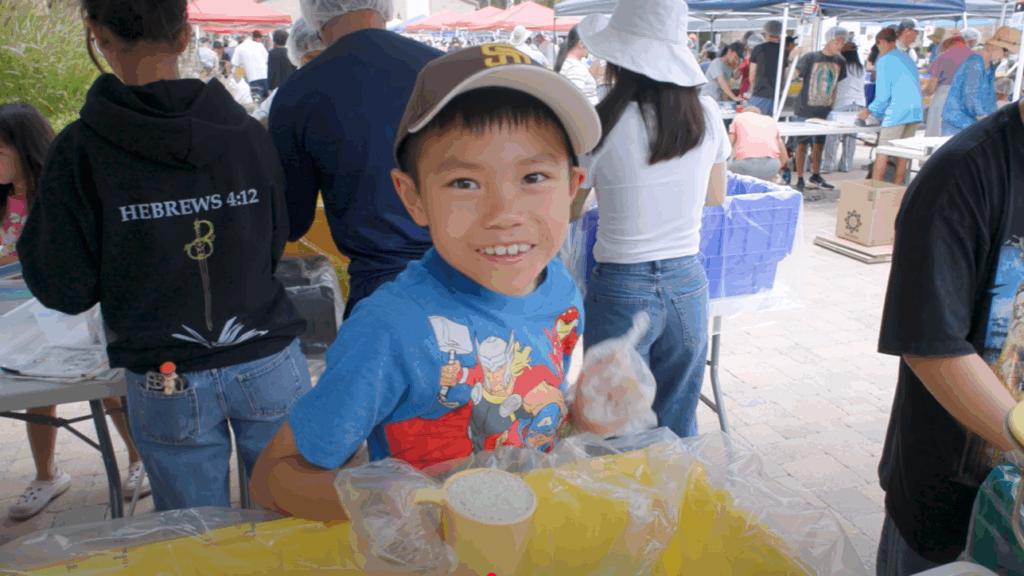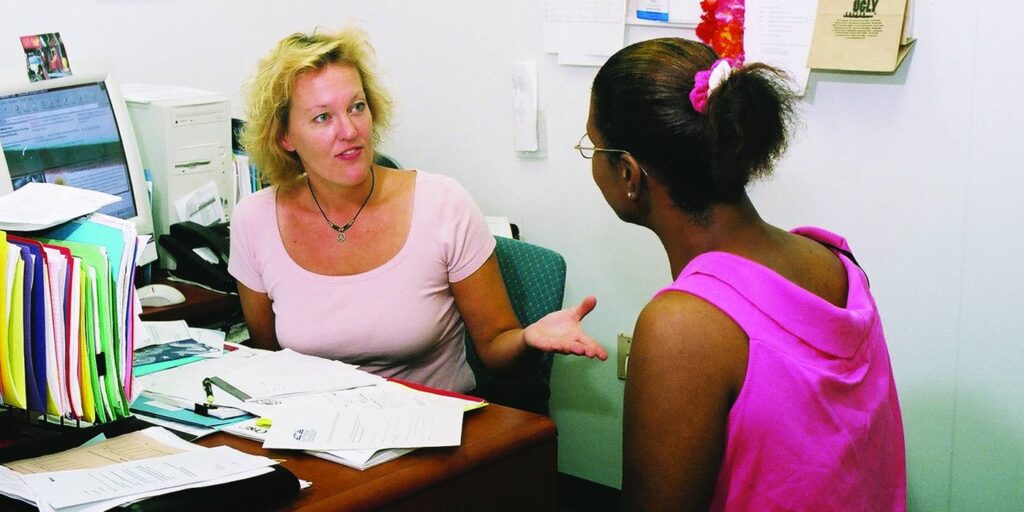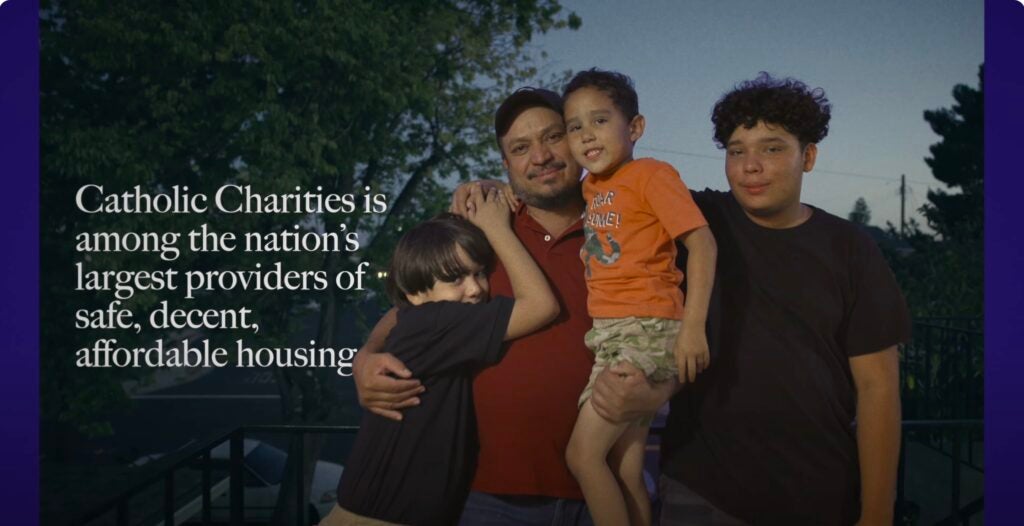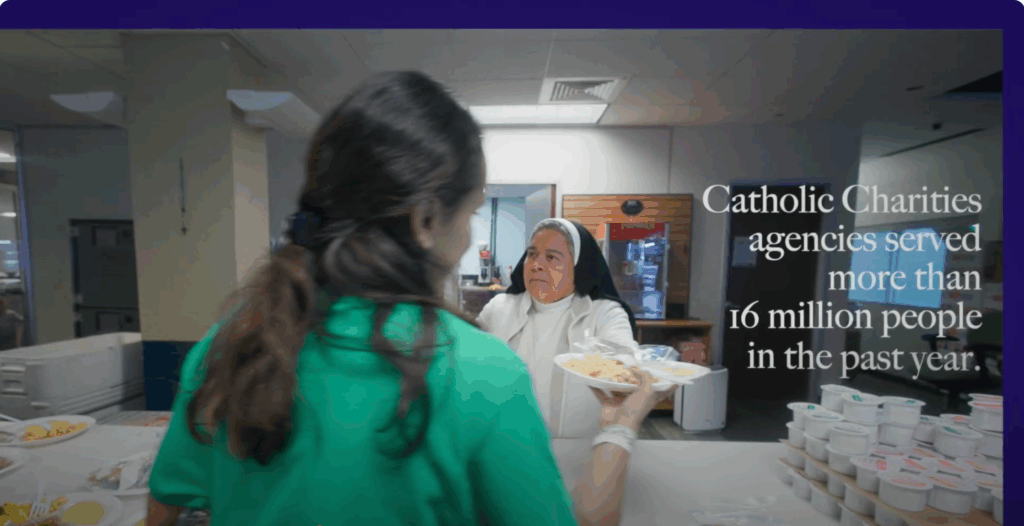
When women learn domestic abuse is not their fault, they begin to heal

Abused women live with a great deal of shame and guilt. Isolated from family and friends, beaten, and shamed, they begin to believe what they’re told-that the abuse is their fault. But at Harbor House, a domestic violence shelter and outreach program of Catholic Charities, Diocese of Wichita in Kansas, abused women learn something else. Through a course on domestic violence, they begin to see that they are really victims and can let go of the guilt.
Helping women overcome shame and guilt is the first step in empowering them to rebuild their lives. From there, the supportive staff members of Harbor House help each woman set goals, develop a plan to achieve them, and then access the resources that will assist her. These resources may include employment and housing services, counseling, legal aid, medical care, clothing, transportation, and classes on budgeting, healthy relationships, and healthy parenting.
“We try to cover every aspect we can, because if we don’t help with everything, we haven’t helped with anything,” said Joyce Mahoney, director of Harbor House. “We want to set up each woman and family for success.”
Outside the shelter, Harbor House provides many of these same services to hundreds of low-income domestic violence victims through a partnership with the Kansas Department for Children and Families. The SAFE Project helps women receiving cash assistance overcome domestic violence while they are still receiving the assistance, a support that reduces financial stress so they can focus on priorities that will help them become stable and self-sufficient.
The SAFE Project as well as Harbor House’s hotline and on-call court and medical setting advocates give Harbor House the opportunity to reach well over 1,000 additional victims of domestic violence each year.
Seeing these women succeed is the reward for Mahoney. “They are heroes. The hope and faith they still have is amazing. Each deserves to have peace in her life.”








